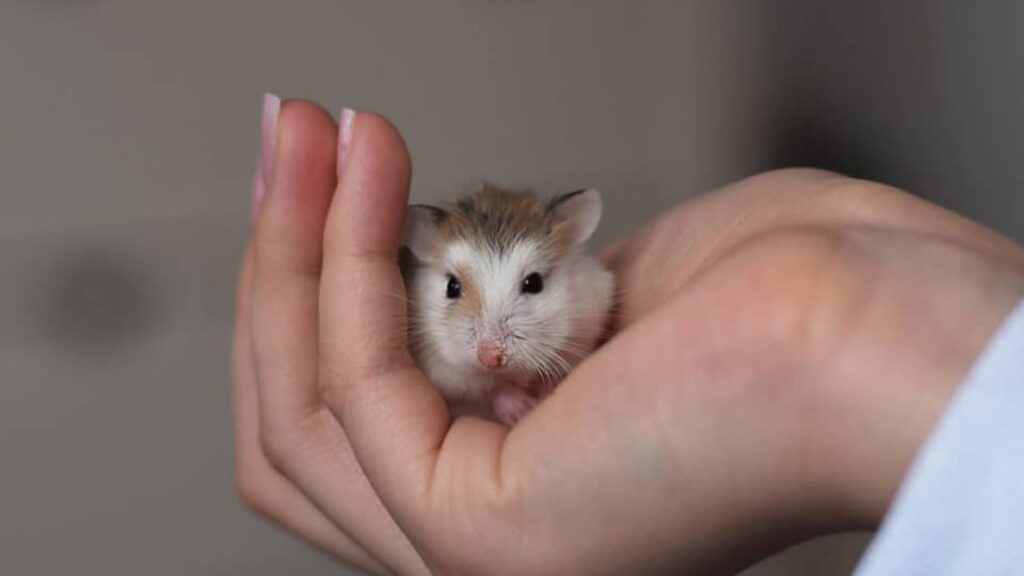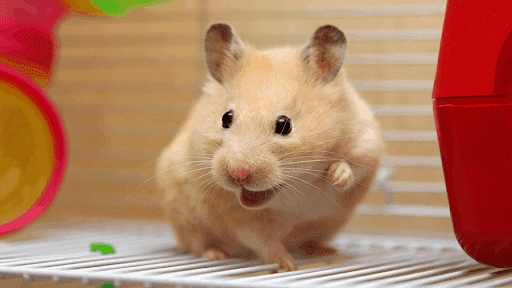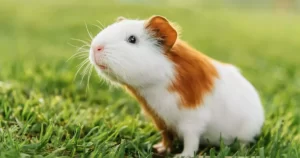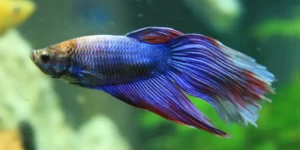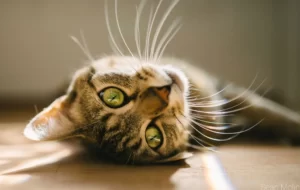Why do hamsters have such a short lifespan?
Hamsters, also known as hamsters or hamstros, are small rodents that are popular as pets. Unfortunately, they have a relatively short lifespan compared to other pets, such as dogs and cats. There are several main reasons why hamsters live for a short time:
- Genetic factors: The short lifespan of hamsters is largely related to their genes and evolutionary history. Hamsters are animals that reproduce rapidly and have an accelerated growth rate. This means that they reach sexual maturity and reproduce at a young age. However, this rapid growth rate is also associated with a shorter life cycle.
- Body size: Hamsters are small rodents, with sizes varying among different species. In general, smaller animals tend to have a shorter lifespan than larger animals. This is because their bodies have a faster metabolism, which can lead to faster wear and tear of organs and tissues.
- Susceptibility to diseases: Hamsters are prone to a range of diseases and health conditions that can affect their longevity. This includes dental problems like overgrown teeth, respiratory infections, tumors, and gastrointestinal issues. Additionally, they can also be susceptible to bacterial infections, parasites, and viral diseases such as “wet tail” (severe acute diarrhea).
- Inadequate environment: Proper care and the correct environment are crucial for the health and longevity of hamsters. An inadequate living environment, such as a small cage or lack of proper hygiene, can lead to health problems and a decreased lifespan. Additionally, improper or unbalanced nutrition can also negatively affect the hamster’s health.
Keep reading about, Short Lifespan of Hamsters:
- Accelerated metabolism: Hamsters have a naturally accelerated metabolism, which means their bodies process nutrients and energy more quickly than in animals with slower metabolisms.
- Population size: In their natural habitat, hamsters live in dense populations and compete for limited resources. This high population density can increase the risk of disease transmission and parasites among individuals. Additionally, the rapid and abundant reproduction of hamsters can lead to more intense selective pressure and a higher mortality rate, contributing to a shorter life.
- Natural predators: Hamsters are preyed upon by various predators, such as birds of prey, foxes, snakes, and other carnivores.
It is important to emphasize that despite their short lifespan, hamsters can be adorable and joyful pets. Taking good care of them, providing a balanced diet, an appropriate cage, stimulation, and regular veterinary care can help maximize their health and well-being during the time they are with us.
In summary, the short lifespan of hamsters is attributed to genetic factors, reduced body size, susceptibility to diseases, accelerated metabolism, inadequate environment, and natural selective pressures. While they may live for a relatively short period, they can still bring much joy and companionship to those who choose them as pets.
Read more about pets.
Read more about hamster food.
